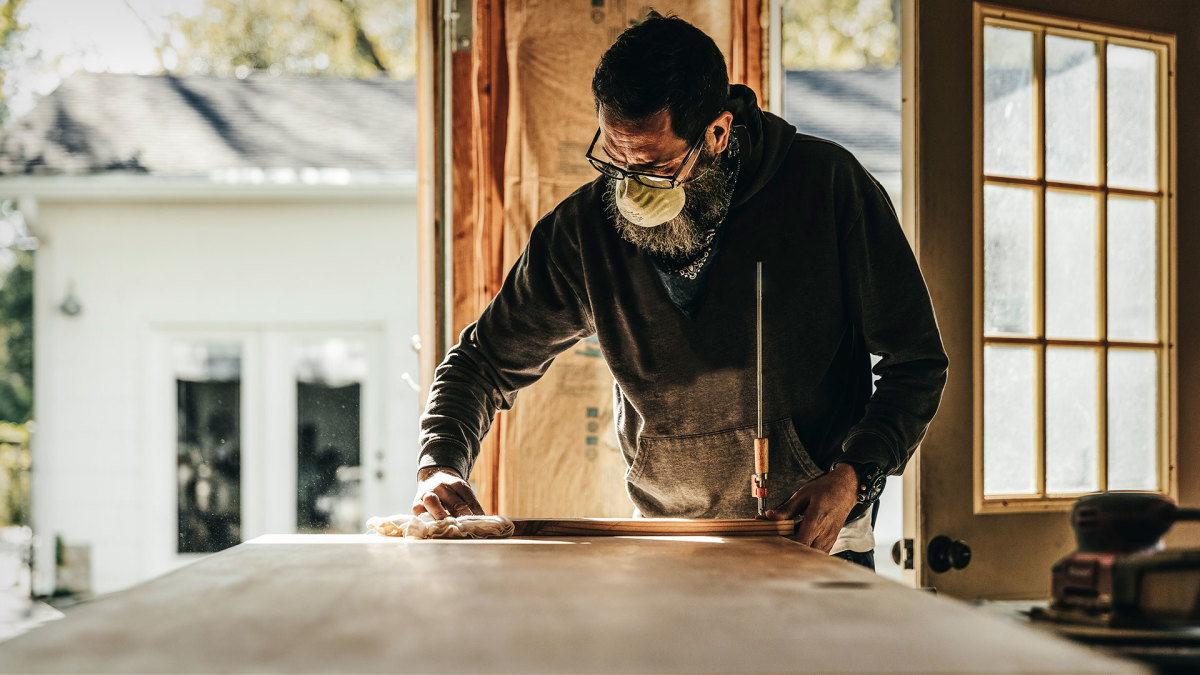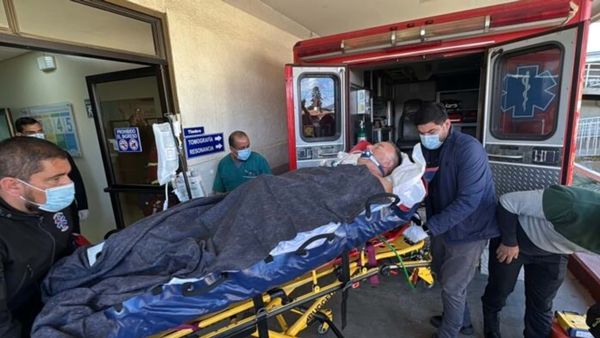
The home improvement retail industry benefited from the high demand from consumers for home renovations and repairs during the COVID-19 pandemic in 2020.
During the pandemic, people were forced to refrain from public activities to prevent the spread of the disease. With plenty of time to spend at home, many people turned to home improvement projects to occupy their time.
Related: Fast-food burger chain facing Chapter 11 bankruptcy gets bad news
Home improvement retail chains saw a temporary increase in business during COVID-19 until the pandemic subsided. Companies whose businesses struggled before the pandemic received a temporary reprieve during that home improvement boom but faced economic reality when stay-at-home policies were relaxed.
The industry, however, has faced increased economic hardship over the last two years prompted by the effects of inflation, high interest rates and the end of the Covid-19 pandemic. Some home improvement retail establishments have filed bankruptcy to reorganize their businesses or closed and liquidated stores.
In one case, historic paint retailer Kelly-Moore Paints shut down all 157 of its retail locations and furloughed about 700 employees in January 2024 in an out-of-court wind-down of all its business operations. The company could not withstand the financial burden of future asbestos claims after paying off about $600 million in claims.

LL Flooring closing down all stores in bankruptcy
Now, the bankrupt home improvement retail chain LL Flooring will close and liquidate all of its remaining stores, consisting of over 400 locations in 47 states, after two stalking-horse bid proposals that might have saved the company fell through.
LL Flooring pivoted to a liquidation of all of its stores after the debtor rejected stalking-horse bids from F9 Investments and Issac Capital Group as being inadequate, according to a Sept. 2 declaration from the home improvement retailer's Chief Restructuring Officer Holly Etlin.
Related: Mattress Firm rival files for Chapter 11 bankruptcy
F9's original bid was not anywhere close to the liquidator's bid value on the debtor's inventory, and F9 did not ascribe any value to LL Flooring's other assets, such as furniture, fixtures, equipment, and intellectual property.
Liquidator bids on inventory, FF&E, and intellectual property were about 20 cents on the dollar higher than F9's proposal before the debtor's liquidation pivot, according to the declaration.
The debtor and advisers believe the difference between the F9 proposal and liquidator value equated to at least $30 million in value to the debtor's estates. A second F9 proposal after the debtor began the liquidation pivot also fell far below the inventory value of liquidator bids.
More bankruptcy stories:
- Another popular ice cream brand files for Chapter 11 bankruptcy
- Popular burger chain faces likely Chapter 11 bankruptcy
- Huge shipping company files Chapter 11 bankruptcy to liquidate
Also, the declaration said Issac Capital could not follow through with a stalking-horse bid since it could not provide committed financing or any meaningful indication that it might be able to find committed financing to close a transaction within the Chapter 11 case timeline.
LL Flooring filed for Chapter 11 bankruptcy protection on Aug. 11 in the U.S. Bankruptcy Court for the District of Delaware in Wilmington, seeking a sale of its assets after suffering from broad headwinds in the housing, repair, and remodeling markets that occurred when the Covid-19 pandemic subsided.
At the time, the debtor planned to close and liquidate 94 of over 400 stores nationwide.
LL Flooring's downturn in business constrained its liquidity to unsustainable levels, and the company's efforts to market its Sandston, Va., distribution center for sale to inject liquidity was unsuccessful.
Related: Fast-food chain facing Chapter 11 bankruptcy gets more bad news
The company tried to find a buyer for the entire company. Still, because of liquidity constraints, the company did not have sufficient time to reach a prepetition deal and decided that filing bankruptcy was its best option for selling the company as a going concern.
Since the debtor could not find a viable buyer in the bankruptcy process, it will now wind down, close, and liquidate its retail stores and store-level assets and likely sell-off assets, such as intellectual property and FF&E, to various parties.
Related: Veteran fund manager sees world of pain coming for stocks







